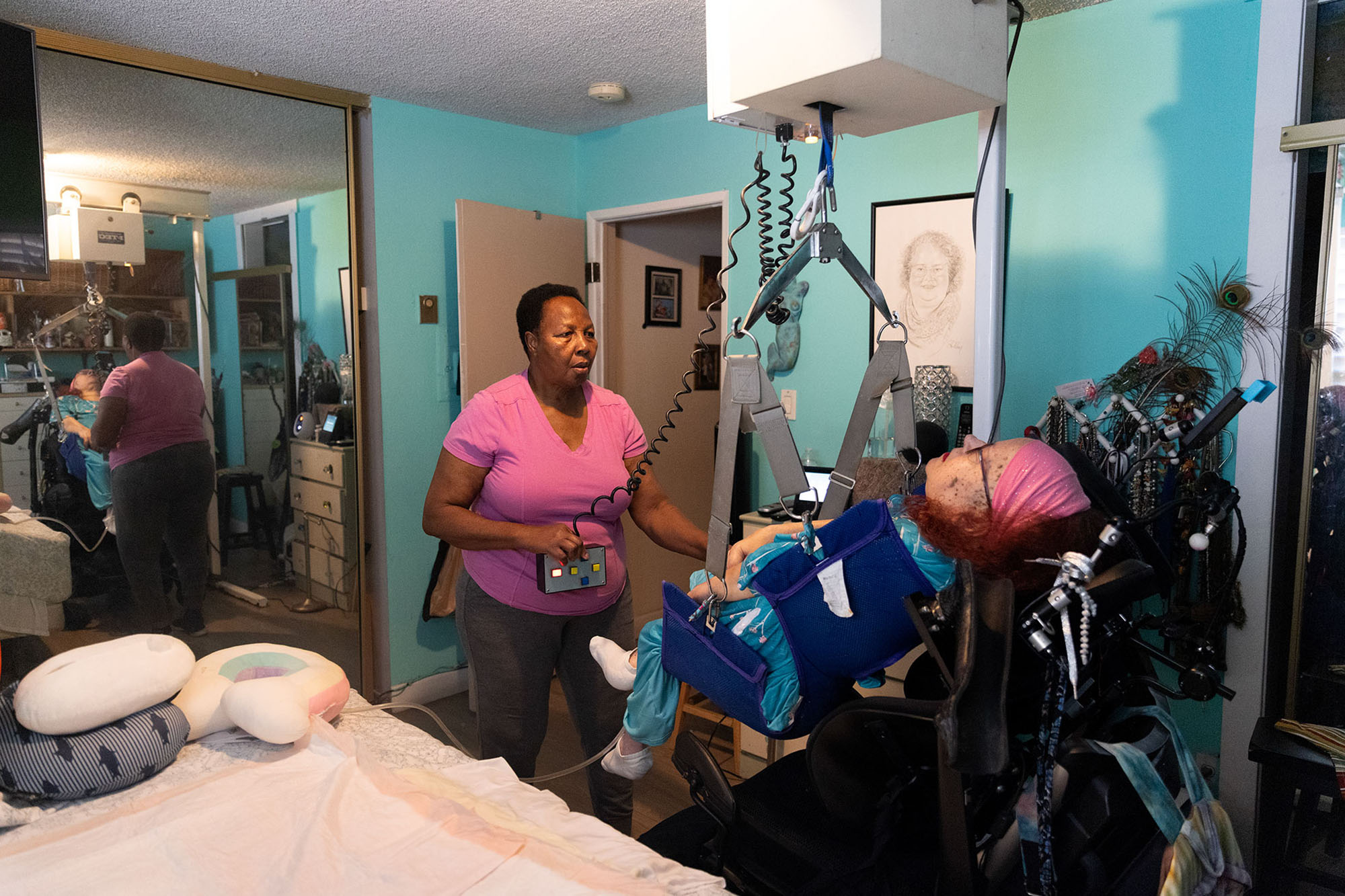View the Report
Jump to All Downloads & LinksIn February 2023, the California Department of Health Care Services (DHCS) announced the launch of its Medi-Cal Member Advisory Committee (MMAC) to make sure people enrolled in Medi-Cal, including many from historically marginalized communities, have an active voice in shaping DHCS policies and programs.
Historically, Medi-Cal managed care plans (MCPs) are required to maintain a community advisory committee (CAC) to inform cultural and linguistic services programs. To help inform the design of the MMAC, the Center for Health Care Strategies sent a survey to all 23 MCPs in the state to understand their practices, learn from their experiences, and identify promising approaches. This report presents findings from the 14 MCPs that responded.
Key findings include:
Composition and size. It is important to ensure the composition of CACs reflect the Medi-Cal population and that the groups are manageable in size. CAC members represent Medi-Cal enrollees from diverse backgrounds, locations, and experiences. CAC group sizes are between four and 185. CAC group size varies based on geographic region, county, and health plan.
Recruitment, onboarding, and term limits. MCPs need a multipronged approach to effectively recruit Medi-Cal enrollees for participation in CACs. Plans reported using (1) direct outreach to enrollees and through providers and community partners, (2) presentations to community-based partners, (3) the member handbook, (4) Medi-Cal member newsletters and/or direct mailings, (5) the MCP website and social media, and (6) referrals by current CAC members.
- Compensation. All responding MCPs compensate participating CAC members. Stipend payments are the most popular (71%) method of compensation for Medi-Cal enrollees among the surveyed health plans, followed by travel/mileage reimbursement (50%), and gift cards and meals (each 43%)
- Meeting structure. Consistency regarding meeting format, length, and cadence can go a long way in supporting members and accommodating their needs. Since the COVID-19 pandemic, CACs have pivoted to virtual meetings only or a combination of in-person and virtual meetings.
- Meeting facilitation and support. Meeting materials should be easy to understand, free from jargon and acronyms, written at a sixth-grade reading level to ensure readability, and translated into CAC members’ primary languages. Of the responding MCPs, 86% share accessible meeting materials at least one week before the meeting, and 93% have staff available to discuss questions or concerns ahead of each meeting.
- Building trust. MCPs recognize they must earn the trust of CAC participants, and there are numerous ways trust can be built right away and strengthened over time. MCPs relayed the importance of building meaningful relationships, setting ground rules, and valuing member voices as integral to their approach.
A companion report, Medi-Cal Member Advisory Committee: Design Recommendations for the California Department of Health Care Services, presents results of a landscape assessment and literature review of the experiences of other types of CACs in California and other states as well as design recommendations for the MMAC.
Authors & Contributors
Madeline Steward, MPH, CAPM
Madeline Steward is program officer at the Center for Health Care Strategies. The Center for Health Care Strategies (CHCS) is a policy design and implementation partner devoted to improving outcomes for people enrolled in Medicaid. CHCS supports partners across sectors and disciplines to make more effective, efficient, and equitable care possible for millions of people across the nation.
Courtney Roman, MA
Courtney Roman is senior program officer at the Center for Health Care Strategies.
Kelly Church, MPH
Kelly Church is program associate at the Center for Health Care Strategies.





